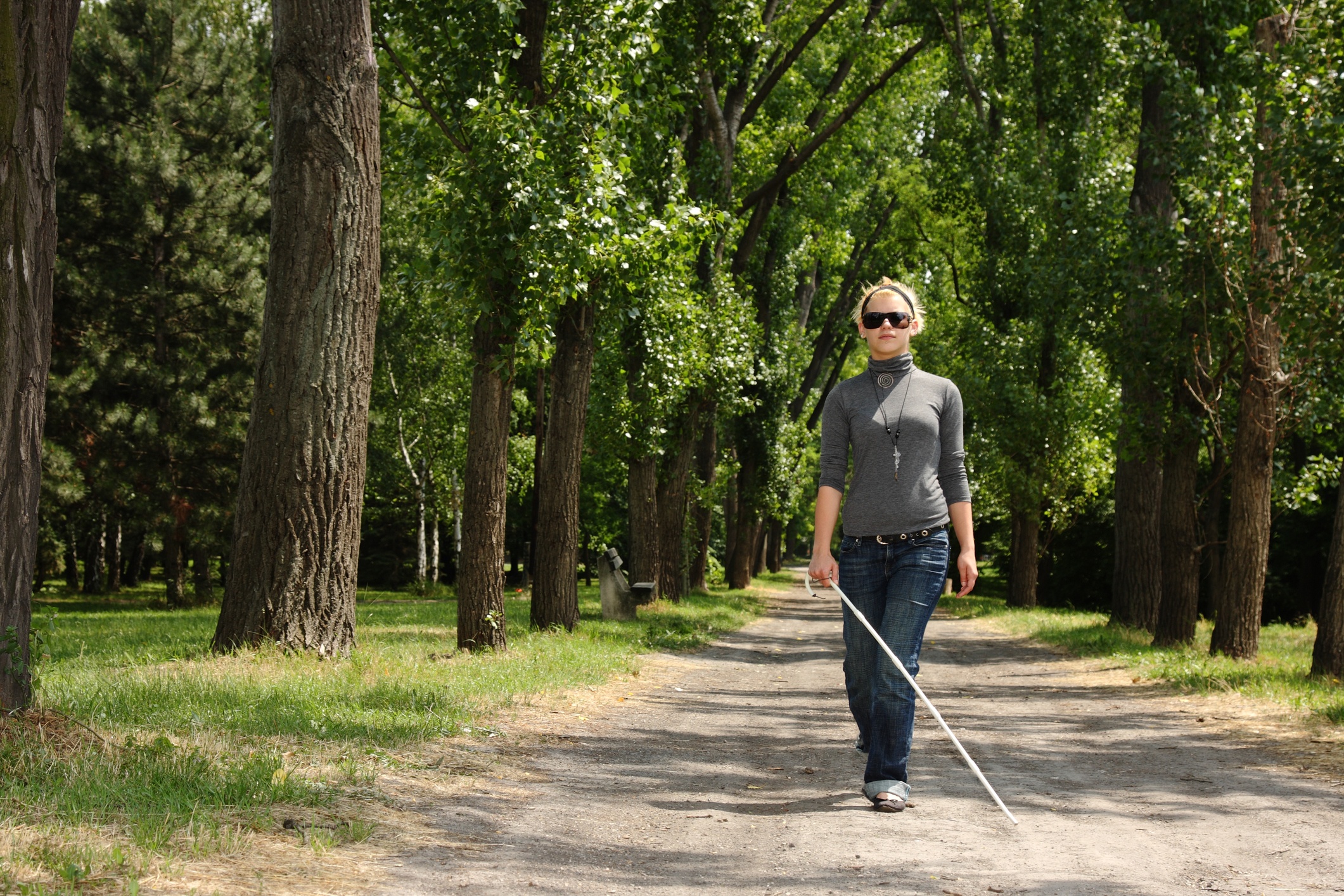
A trial is currently in place to test CRISPR gene editing in patients with a rare inherited form of blindness caused by a mutation in the CEP290 gene. This will be the world’s first in vivo human study of CRISPR therapy and will aim to treat those with Leber congenital amaurosis, a disease characterized by the inability to convert light signals into visual perception. This clinical trial is being conducted by the pharma company Allergan, and Editas Medicine, a leader in the genomic editing industry.
The goal of these two companies’ work is to provide blind patients with a healthy version of the gene they are lacking. Using CRISPR, the researchers plan to edit a point mutation in the CEP290 gene that is responsible for the disease. If effective, this onetime treatment will provide patients with a lifelong remedy to their blindness. This study will recruit up to 18 people in the U.S. from various centers, including Massachusetts Eye and Ear in Boston. Participants will be children aged 3 years or older and adults with varying ranges of vision. The testing process is slated to begin in the latter portion of 2019.
CRISPR gene editing has been under negative light as of recent, with Chinese researcher He Jiankui becoming scrutinized for his genetic editing of fetuses last year. This use of CRISPR in combatting blindness differs however, being that these genetic changes are made in the adult after birth and maturation. These DNA modificaions will not be inherited by any of the participants’ offspring.
Leber congenital amaurosis (LCA) is a group of inherited retinal disorders caused by mutations in at least 18 different genes. This trial will focus on patients with the most common form of this blindness known as LCA10. LCA itself is present in roughly 3 of every 100,000 childbirths, making the disease is the most common form of inherited childhood blindness. With 20-30% of all LCA patients expressing LCA10, finding viable treatments is of primary interest for researchers.
Those with the condition often describe their vision as having only bright light and blurred figures, and eventually no sight at all. This recessive gene is often masked in parents who carry but do not express the mutation, and if their child obtains two defective copies of the CEP290 gene, they will display symptoms.
The proposed treatment involves a modified virus carrying CRISPR and the replacement gene to the cells of the retina via injection during minor surgery.
“Today marks an important day for the inherited retinal disease community, and specifically those affected by LCA10,” said Ben Yerxa, Ph.D., and CEO at Foundation Fighting Blindness. “We are very excited to have another potentially life changing medicine enter the clinic and join Allergan and Editas in celebrating this milestone.”
A strategic alliance and option agreement between Editas and Allergan were formed in March of 2017, allowing Allergan to have exclusive access to and licensing privileges for five of Editas’ gene editing programs for the eye. In August 2018, Allergan implemented this option to commercialize and develop AGN-141487, the name of this experimental gene therapy for LCA10.
The Dublin-based Allergan is a global pharma leader that strives to develop drugs, devices, and medical devices for patients internationally. Editas, a leading gene editing company, focuses on translating CRISPR’s powerful capabilities into meaningful clinical treatments for patients. Together, the two hope to leverages their unique expertise to commercialize a onetime treatment for patients with LCA10.
#Allergan and #Editas Medicine have begun patient recruitment for a Phase 1/2 #clinicaltrial for a #CRISPR/Cas9 treatment for people with Leber congenital amaurosis 10 (#LCA10). Read more on this news: https://t.co/k1NTsODnIB pic.twitter.com/k43sa1oyqe
— Fight Blindness (@fightblindness) July 31, 2019







 © 2025 Mashup Media, LLC, a Formedics Property. All Rights Reserved.
© 2025 Mashup Media, LLC, a Formedics Property. All Rights Reserved.